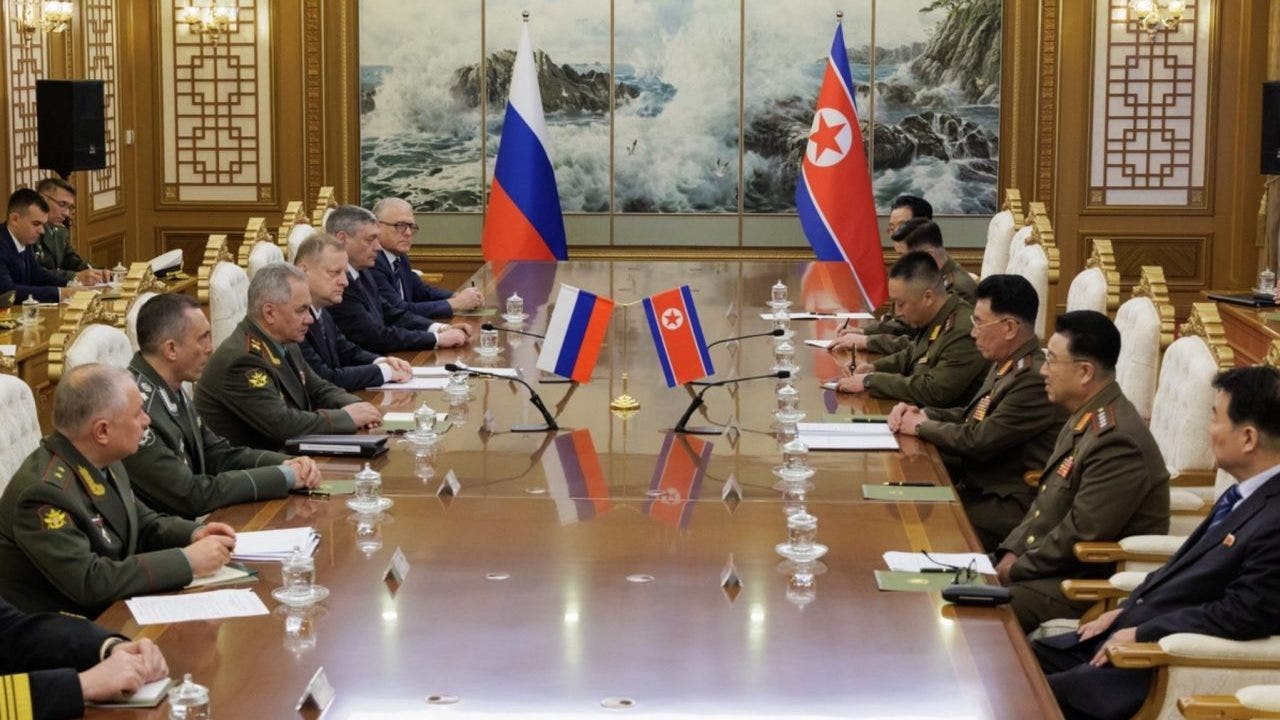The situation in Syria has been complex and fluid since the onset of the civil war in 2011. As the conflict has evolved, so too have the roles and strategies of the various international actors involved. Among them, Russia has played a crucial role in supporting the Assad regime, providing military assistance, air support, and diplomatic backing. However, recent developments suggest that Russia is now recalibrating its military presence in the region, particularly in light of the shifting political landscape.
Reports indicate that Russia is beginning to withdraw some of its military forces from Syria. This decision appears to be influenced by a combination of factors, including the Assad regime’s relative stabilization in certain areas, the changing dynamics of the conflict, and Russia’s broader strategic interests. While the exact number of troops being withdrawn remains unclear, it is evident that Moscow is not completely disengaging from its involvement in Syria. Instead, it seems to be adopting a more nuanced approach.
The Russian military intervention in Syria, which began in 2015, was pivotal in turning the tide of the conflict in favor of Assad. Through airstrikes, ground support, and the provision of advanced weaponry, Russia helped the Syrian government reclaim significant territory from opposition forces. This military support was not only aimed at preserving the Assad regime but also served to reassert Russia’s influence in the Middle East, a region where Western powers have traditionally held sway.
As the situation in Syria evolves, Russia’s military strategy is also changing. The withdrawal of some troops may be viewed as an acknowledgment of the shifting balance of power within the country. With Assad’s regime having regained control over much of the territory it lost during the early years of the conflict, the immediate need for a large-scale Russian military presence may be diminishing. However, the withdrawal does not signify a complete exit; instead, it reflects a strategic recalibration.
In addition to the military considerations, Russia’s decision to adjust its forces in Syria is likely influenced by its broader geopolitical objectives. The Kremlin is keenly aware of the need to maintain a foothold in the region to counterbalance the influence of the United States and its allies. By retaining a military presence in Syria, Russia can continue to project power and influence, particularly as tensions rise in other parts of the Middle East.
Moreover, the ongoing humanitarian crisis in Syria poses a challenge for Russia. The country has faced international criticism for its role in the conflict and the resulting humanitarian fallout. By reducing its military footprint, Russia may be attempting to ease some of this criticism and position itself as a more constructive player in the peace process. This could involve increased diplomatic efforts to facilitate a political resolution to the conflict, which has displaced millions and left countless others in dire need of assistance.
Despite the withdrawal of some forces, Russia’s commitment to its strategic interests in Syria remains steadfast. The country has established significant military infrastructure in the region, including airbases and naval facilities, which are unlikely to be abandoned. These installations are crucial for Russia’s ability to project power and maintain a presence in the Mediterranean, a vital area for trade and military operations.
The future of Syria remains uncertain, and the role of external actors will continue to shape the trajectory of the conflict. While Russia’s military adjustments signal a potential shift in strategy, the complexities of the situation mean that the country will likely remain engaged in various capacities. The balance of power in Syria is still in flux, and Russia’s actions will be closely monitored by both regional and international stakeholders.
In conclusion, Russia’s decision to withdraw some of its forces from Syria reflects a strategic adjustment in response to the changing dynamics of the conflict and the Assad regime’s relative stabilization. However, this does not indicate a complete withdrawal; rather, it highlights Russia’s ongoing commitment to maintaining its influence in the region. The situation in Syria continues to evolve, and Russia’s role will remain a critical factor in shaping the future of the country.


